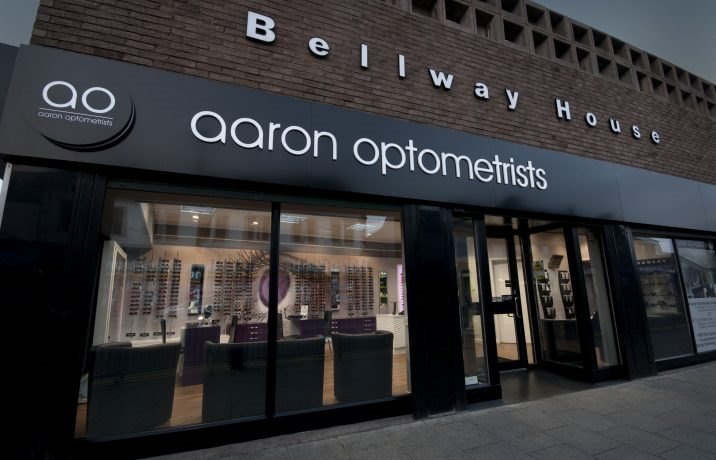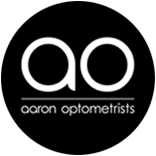
Aarons decide only to employ Medical Optometrists: Why?
22/02/2017The need to change the way optometry works has been evident for many years. The traditional role of an optician as a simple technician prescribing and fitting optical correction does not reflect the clinical needs of a struggling Health Service.
The majority of optometrists remain health screeners, rather than clinicians, and are unable to access the medical tools to intervene; having to refer to a GP or hospital. This potentially puts patients at risk. Non-medical optometrists have very few avenues; under treatment carries significant risk, conversely an unnecessary referral wastes patient time and hospital resources.
If appropriate Medical Optometrists treat immediately with licensed drugs specific for the condition. The training to interpret advanced laser imaging techniques also ensures referral is based on an intent-to-treat basis, not simply to have images interpreted by a clinician. The practice of referring acute, or uninterpreted, conditions to an eye hospital incurs enormous inconvenience and cost in time for the patient. Further, the patient’s GP surgery is charged by the hospital for the clinical service.
Independent Prescribing, Medical, Optometrists became a legal reality in 2009. Peter Frampton is very proud to have been one of the first 30 optometrists in Britain to achieve Independent Prescribing qualifications. Most medical optometrists work in the hospital setting. There are still very few practising in the community where they are, arguably, needed most. It remains a very exclusive group but every optometrist in Aarons is either a medical optometrist or completing the qualification.
Aarons has now made the commitment to only employ medical optometrists to ensure a seamless service for our patients. Our hope is patients will value the clinical resource of Medical Optometrists above the spectacles or contact lenses.
The Aaron commitment to extend the role of community ocular care
Our total commitment to the medical ethics of optometric practice was never to satisfy a business strategy. The avenue was pursued because it was self-evidently the correct course of action for patient care. Optometric innovators do not react to business imperatives, but proactively investigate avenues which will extend the role of community based ocular and health care.
Technology to supplement clinical competence
Retinal photography, for instance, was introduced at Aarons in 1994, when Polaroid film was still necessary! Over 20 years ahead of the mainstream. Corneal topography, for screening of keratoconus, 1996. Disc mapping for glaucoma, 2004. Pachymetry for ocular hypertensive management immediately post NICE recommendations in 2009. Macula tomography 2011. Little wonder Aarons won the Northumberland ‘Innovation in Practice Award’ in 2003. The following year Aarons was the first practice in Britain to win ‘Optometrist of the Year’. 2004 also saw Aarons declared ‘Technology Practice of the year’. We continue to invest year on year.
Technology is put on line when it is available and clinically significant, not years later simply because it appears a way of business differentiation. Of the current posturing and rhetoric by multi-nationals, intimating a sudden access to technology, ask the question: Why now and not when the technology was first available; did patients not deserve it then.
‘Medical Optometrists’ and qualifications
Technology must be coupled with qualifications.
Historically opticians were simply screeners; detecting abnormalities and reporting them without interpretation. This ensured many conditions, not warranting treatment, were referred unnecessarily. Anyone can buy expensive equipment. The skill is in interpreting the results. This is where the value of ‘Medical Optometrists’ lies. Most opticians remain screeners, without advanced qualifications. They may have invested in excellent diagnostic equipment, but the correct clinical interpretation is vital.
With Aarons commitment to only employ ‘Medical Optometrists’ we also have sub-specialists to optimise clinical competence in specific areas.
The Clinical Team
Dr Peter Frampton DOptom MSc FCOptom BAppSC(AUS) DipTp(AS) DipTp(SP) DipTp(IP) – Medical Optometrist, Glaucoma Specialty
Debbie Liu-Tam BSc MCOptom DipTp(IP) – Medical Optometrist, Medical Retinal Specialty
Andrew Watson BSc MCOptom FBDO CL – Contact Lens Specialty (Completing Independent Prescribing Qualification)
